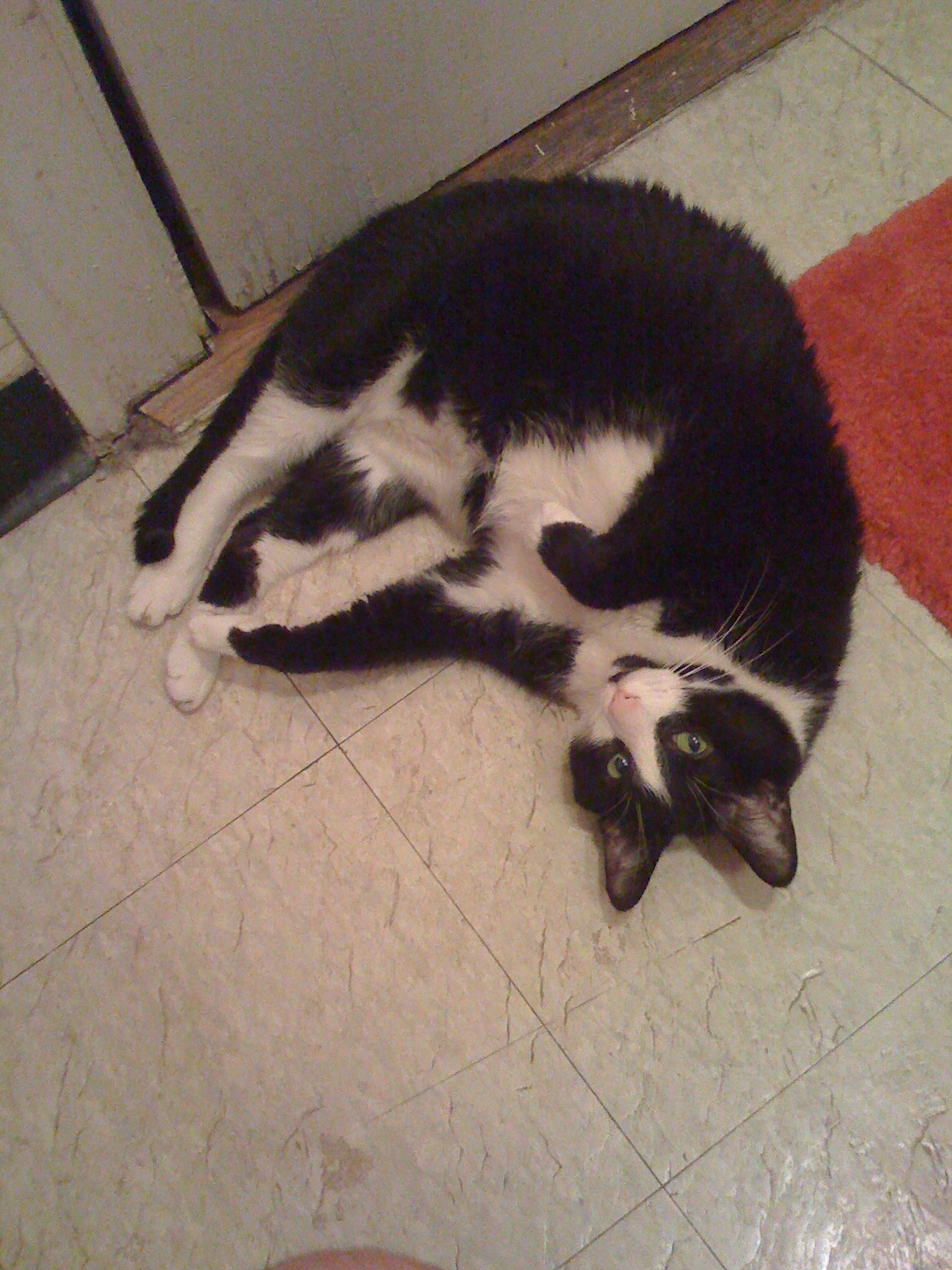Glen Brae 9 Year-Old
A peaty, smoky, slightly caramel nose gives way to discordant tones of apple, clove, cedar, and introspection. While some of the members present were delighted by its lightness and busy frivolity, your Secretary found it a disquieting dram, apt to give one thoughts of licking an exposed chair in a bus station, or happening upon a nude self-portrait one had no memory of ever taking.
Redpinnock 15 Year Diabolic Reserve
This notorious Speyside malt rarely makes its way overseas, and the Society was truly privileged to be able to sample it this summer. Does this whisky — distilled in casks lined with human skulls, tended to perfection by a master distiller who is rumored to be over 200 years old and completely mad — live up to its reputation? And how! A nose of peat, gravel, rainwater and bone scarcely prepares you for an explosive palette of oak, cherry, blood and iron, leveling off with a strong note of human fear. I don’t mind revealing that this whisky had an extraordinary effect on those in attendance: Mr. Rossini found himself reliving a harrowing childhood incident involving his Boy Scout troop, while Ms. Kreisler began to spontaneously recite what the members eventually identified as the Anglo-Saxon poem “The Dream of the Rood,” a work she claims to have neither read nor heard of before.
Drumnadrochit Single-Cask 12 Year-Old
Despite some tantalizing rumors from our brother chapter across the pond, this is not a whisky at all, but an expression of untempered seawater larded with plant detritus and industrial refuse and allowed to mature, if that is the word, in a “cask” formerly used in the recycling of diesel oil. Further examination determined that the label was printed on an ordinary desktop printer, and that the signature it bore gave a clue to its true provenance. We salute the members of our Edinburgh chapter for another hearty jest at our expense. Such members, being devoid of ordinary human feeling, will no doubt delight to hear that Mr. Evans became violently ill after sampling this libation and was later found to have ingested a nearly invisible plastic filament that became entangled in his lower intestine. We wish Mr. Evans a speedy recovery and hope he is discharged from the hospital in time for next season’s tasting. We wish our Edinburgh brothers and sisters slow, lingering deaths.
Weesleekit Cask Strength (No age statement)
This unassumingly named, and now exceedingly rare, Eastern Highland malt packs quite a “wallop” — as the whisky world learned to its horror last spring, when a stray spark in the bottling plant set off an explosion that demolished more than half of the distillery and claimed dozens of lives. It will be the better part of a decade before the distillery is rebuilt and once again bottling; until that day, savor every drop of this pale, bold, exceedingly powerful dram. A nose of smoke, butane and lots of alcohol sets the stage for a taste that makes up for its complete lack of subtlety with a memorable attack across the palate. As this whisky numbs the tongue within seconds and renders all but the hardiest connoisseurs insensate with drunkenness, it made an ideal conclusion for the evening, which soon gave way to an exuberant revelry rarely to be found at our gatherings. Those photos of the event suitable for public viewing may be found posted to the Society’s website.
Hannoch 18 year-old; Glen Skye Masters Choice 14-year Reserve; Bogmannon Sherry Oak 10 year-old; Windex cleaning solvent (no age statement); Diet Rite Cola (canned September 2009); Dasani bottled water (expires February 2012)
Empty bottles of the above libations were discovered in the morning following the members’ enjoyment of the Weesleekit Cask Strength; however, as no member can recall consuming them, a report on their merits will have to wait for a future tasting.

